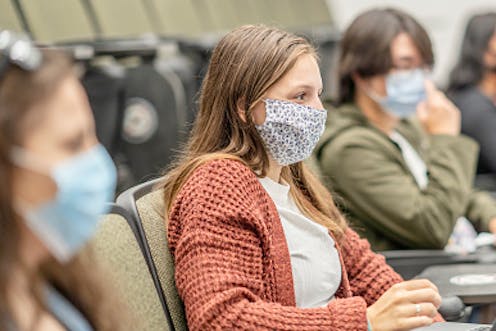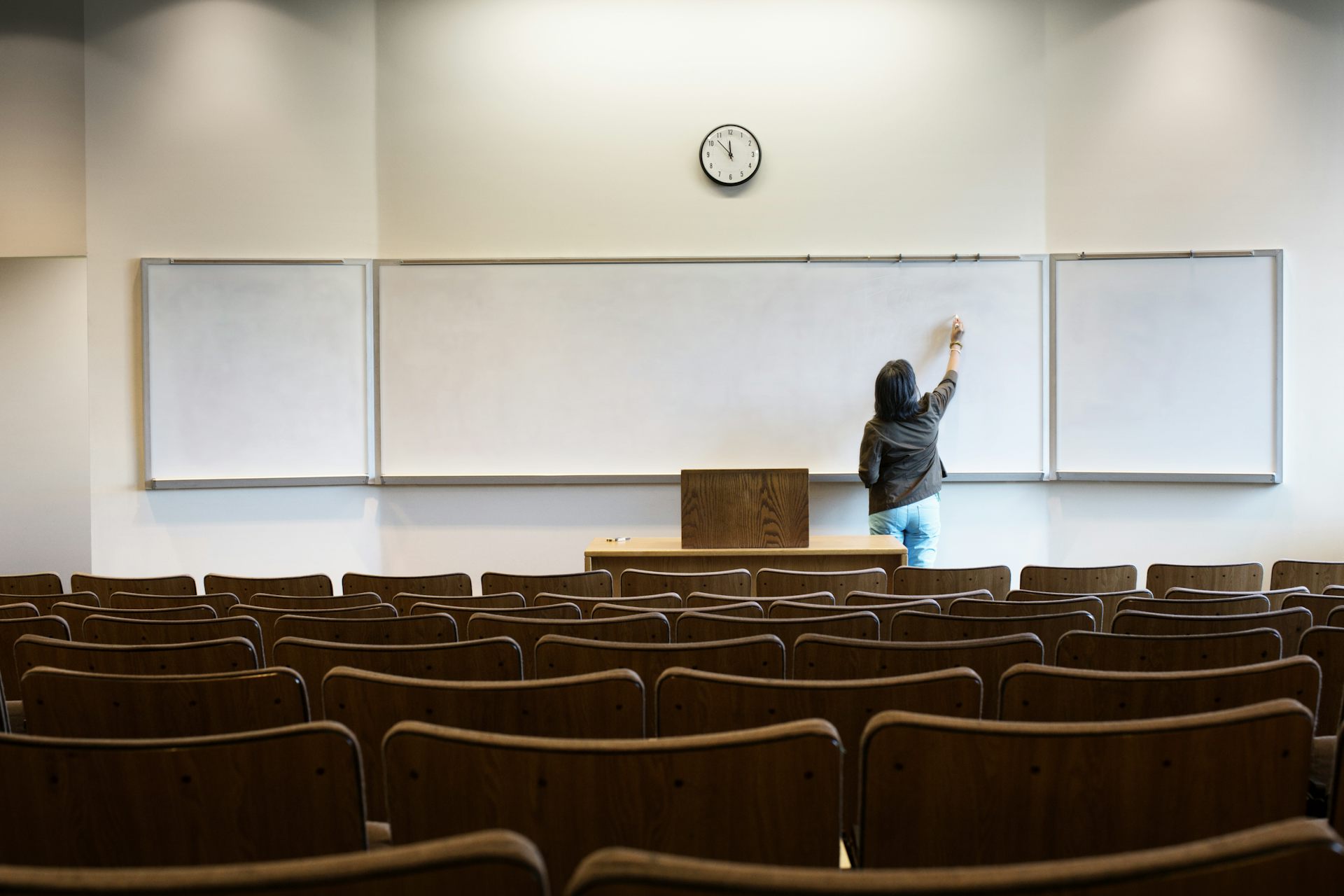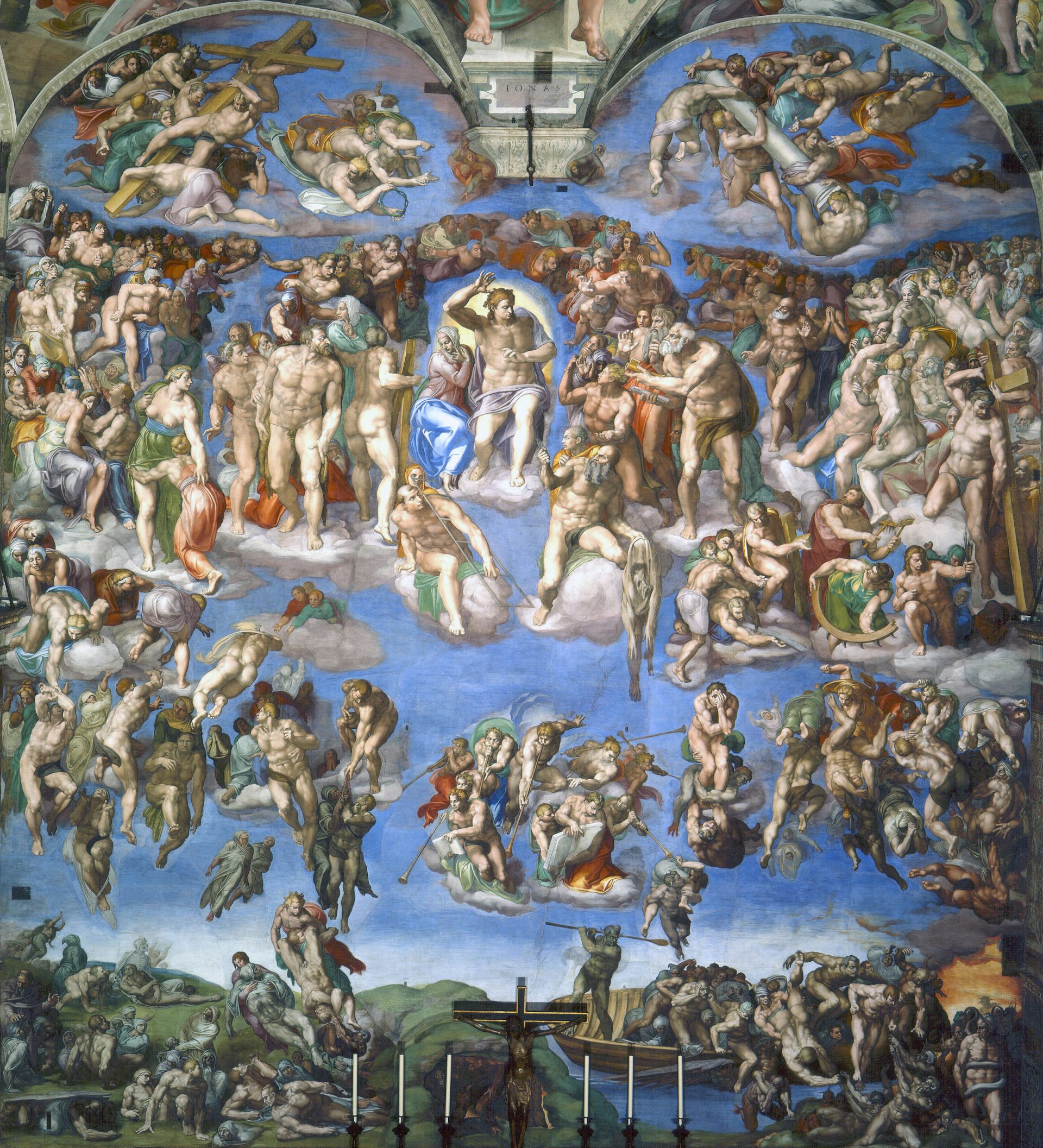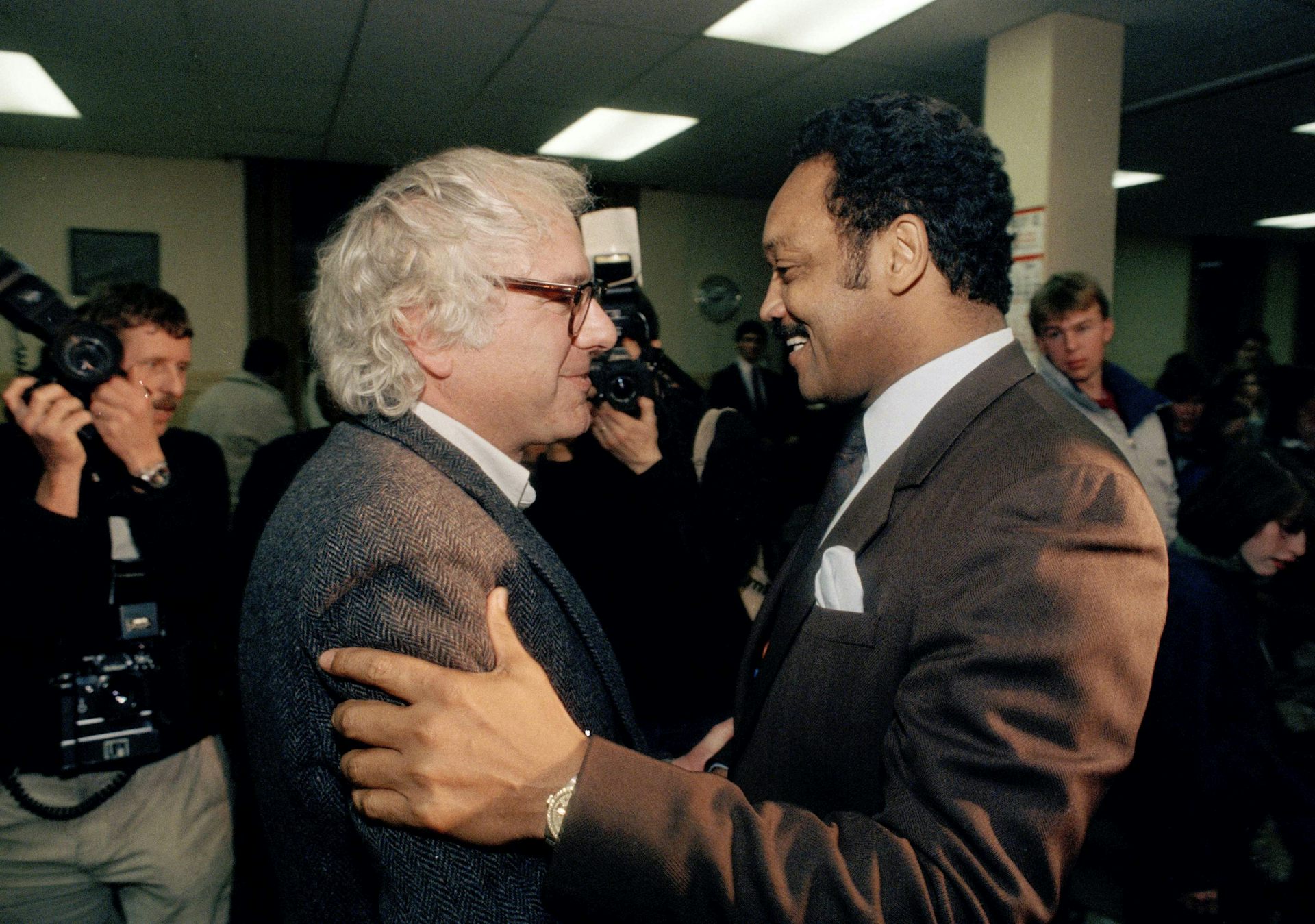Does 4 years of college make students more liberal?
A survey examines how the college experience changes – or doesn't change – students' political views.

The Research Brief is a short take about interesting academic work.
The big idea
Over four years of college, students develop positive attitudes for political liberals but not conservatives.
Why it matters
Higher education needs support from conservatives – lawmakers as well as taxpayers.
But conservative critics continue to fault higher education for making students more liberal. The central argument is that higher education does not value politically conservative perspectives. As a result, conservative critics believe college students are not exposed to conservative scholarship or teaching. Research has shown that conservative students feel silenced for voicing their political opinions in the college classroom.
Through our analysis of 3,486 students at 116 U.S. colleges and universities, we found that students’ positive attitudes toward political conservatives were largely the same when they started college and four years later. Compared to their responses in fall of 2015, graduating college seniors in the spring of 2019 were just as likely to report that political conservatives made positive contributions to society and were ethical people. Similarly, they were also just as likely to say that they had things in common with – and had positive attitudes toward – political conservatives.
But that’s not the whole story.
Students were actually surveyed over three points during college. In 2015, 42% of students had “high” positive attitudes toward political conservatives. That share increased substantially to 50% in 2016. Three years later, in 2019, it returned to 42%.
Meanwhile, positive attitudes toward politically liberal people generally increased during college. All told, 58% of students reported “high” positive attitudes toward this group in 2015. That number grew to 66% in 2016 and then hit 70% in 2019.
[Deep knowledge, daily. Sign up for The Conversation’s newsletter.]
At first glance, these findings may seem to support the idea that college makes students more liberal. However, if that were the case, positive attitudes toward political conservatives would have plummeted well below pre-college levels.
Why did student attitudes toward liberals steadily grow more positive while attitudes toward conservatives did not? Notably, data between the second and third wave of collection took place after the 2016 presidential election. This raises the possibility of a potential Trump effect. But we cannot be certain because changes in students’ attitudes can be attributed to any number of factors within and beyond their campus experience.
What still isn’t known
What experiences lead students to develop more positive attitudes toward political liberals? Or conservatives? Answers to these questions will enable educators to design learning environments that help students develop more positive attitudes toward all political ideologies, not just their own. In a time of heightened political polarization, cooperation across political differences is imperative to a functioning democracy. Higher education has the potential to contribute to this aim.
What’s next
We don’t know if and how these attitudes will continue to change – or how another contentious presidential election might affect them. Ultimately, we would like to gather this information by surveying this cohort again after the 2020 elections.
Matthew J. Mayhew receives funding from the National Science Foundation, the Andrew W. Mellon Foundation, the Fetzer Institute, the U.S. Department of Education, the Merrifield Family Foundation, and the Marion Ewing Kauffman Foundation.
Alyssa N. Rockenbach receives funding from The Andrew W. Mellon Foundation, The John E. Fetzer Institute, and Julian Grace Foundation.
Read These Next
The greatest risk of AI in higher education isn’t cheating – it’s the erosion of learning itself
Automating knowledge production and teaching weakens the ecosystem of students and scholars that sustains…
Why Michelangelo’s ‘Last Judgment’ endures
The artist used daring imagery that sparked controversy from the moment it was unveiled.
‘Learning to be humble meant taming my need to stand out from the group’ – a humility scholar explai
Humility is a virtue that many people admire but far fewer practice. A scholar describes how a professional…






